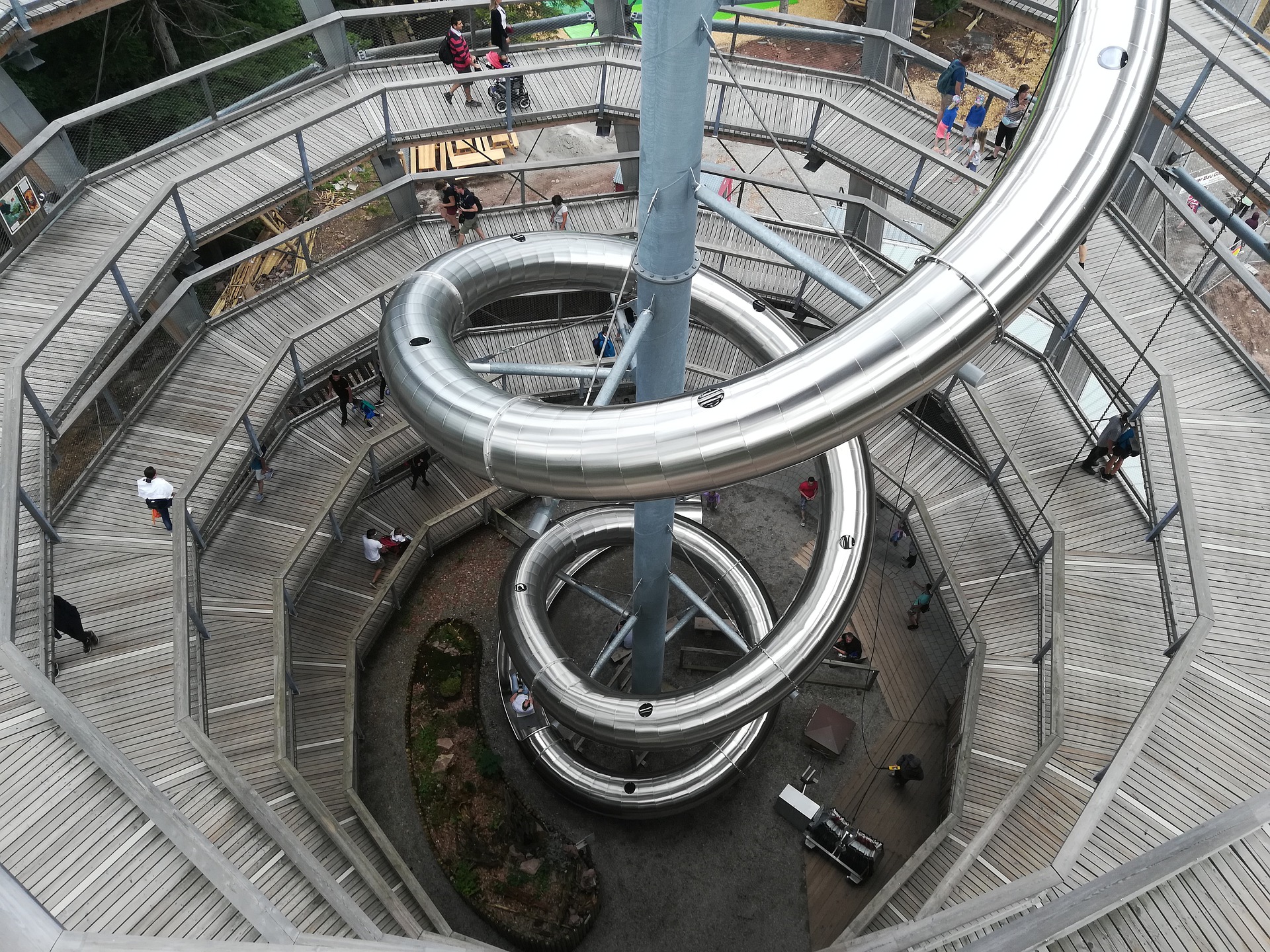Historic Academic Summer Slide Expected
Since schools shut down, educators have been bracing for the worst academic “summer slide” in history. But new research suggests that the so-called coronavirus or “COVID slide” is going to be even worse than feared.
Projections suggest major academic impacts from COVID school closures, especially in reading and writing

In fact, while prior research showed that students typically lose about two weeks to two months of academic growth during the summer, new projections suggest that students may lose 30% of their reading and writing progress this year.
The summer slide phenomenon has been troubling educators for a long time. The first comprehensive study of the academic summer slide was published in 1996. The study showed that kids lose significant ability in reading and writing during the summer break; unfortunately, this loss snowballs over time.
In one of the most recent studies, Beth Tarasawa and Megan Kuhfeld, researchers for NWEA, the Northwest Evaluation Association, analyzed student achievement and growth data from more than 5 million students in grades 3-8. Their study indicates that this year, students may only retain about 70 percent of their reading and writing progress.
NEED HELP PREVENTING THE SLIDE?
Unfortunately, those projections are likely to be conservative. Vulnerable students such as those with learning disabilities/learning differences (LDs) such as dyslexia and ADHD, and kids on the autism spectrum are likely to lose more. To compound the situation, Tarasawa’s and Kuhfeld’s research did not include the effects of personal trauma on students, a factor that is likely to increase the effect of the summer slide for many students.
If you are concerned about your student backsliding, call us. We work with students age 10 and up and are available all summer to help your child maintain and advance skill levels.
We also offer AP Language and AP Literature bootcamps and help students with SAT/ACT prep and college admissions.
NOTE: If you are applying to college this year, even if the colleges you are applying to have waived the standardized test requirement, you should still take the SAT or ACT as the test score, if submitted, will still be a meaningful differentiator when admissions officers assess your application.
Ready to get started advancing your academic career or college application? Call me. I’m always ready to help you!
“Hiring Susan was the best decision I made for my daughter’s academic success. Great person, great tutor, great resource!”
Tamna S., Plainsboro, NJ, parent of 10th grader
Dr. Osborn works with students from all over the world via Skype, Zoom, FaceTime, phone, and Google docs to help them reach their independent, college, and graduate school goals. Through a personal, one-on-one approach, Dr. Osborn creates an individualized curriculum for each student based on the student’s strengths, passions, and college aspirations. Her holistic approach helps students perform well in school and win admission to the Ivy League and other competitive colleges.


Recent Comments